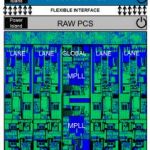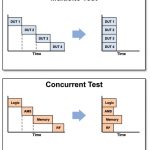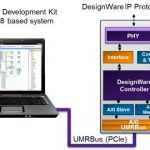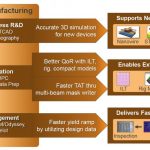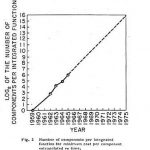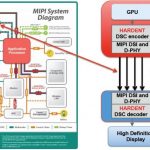By offering low-power PCI Express PHY solution for mobile application! To make it clear, we are not talking about Mobile Express (M-PCIe), but clearly about PCI Express protocol, including a PCIe Controller and a PCIe PHY. Initially developed to support internal connection between the CPU and the GPU in a PC, the technology has… Read More
Saving Time and Money on Your Next SoC Project
Every SoC project that I know of wants to finish on time, under budget, and maximize profits per device. When I first started out doing DRAM design I learned that we could maximize profit by doing shrinks of existing designs, move from ceramic to plastic packages, and reduce the amount of time spent on a tester. Today, the economic … Read More
ARM A57 (A53) Virtualizer + IP Accelerated = ?
Hybrid IP Prototyping Kit from Synopsys!
Synopsys has launched IP Accelerated initiative last year. The goal was clearly to accelerate Time-To-Market by providing a complete set of “tools” to augment design productivity:
- IP Prototyping Kit with reference designs work out-of-the-box
- IP software development kits enable early
SoC’s Shift Left Needs Software Integrity
Since Aart de Geus, co-CEO and co-founder of Synopsys, gave his keynote at the Synopsys User Group (SNUG) conference in Silicon Valley last March, I’ve been hearing a lot more about the “Shift Left” in semiconductor design. Although I couldn’t attend Synopsys’ 25[SUP]th[/SUP]SNUG, I found some short videos on the Synopsys website… Read More
TCAD Enables Moore’s Law to Continue
We live in very interesting times, you can wear an Android watch from Samsung that uses 14 nm FinFET technology, attend the 52nd DAC conference in June to learn about EDA and IP vendors supporting FinFET, and read about research work for new devices down to 5 nm. TCAD is that critical software technology that enables the development… Read More
GPP, GPU or Embedded Vision Dedicated Processor?
Before answering the question we should try to define what is behind “Vision”, which type of applications and evaluate this heterogeneous market weight. Embedded Vision (EV) is the use of computer vision in embedded systems to interpret meaning from image or video. In fact vision processing requires a lot of maths functions that… Read More
25 Years of SNUG; 50 Years of Moore’s Law
Earlier this week it was the Synopsys user group meeting SNUG. Not just any old SNUG but the 25th Annual SNUG. The first one was 15th March 1991 and was attended by 100 people. At the time, Synopsys had annual revenues of $22M. This year, the various SNUGs around the world will have a total attendance of 10,000 people and Synopsys revenue… Read More
Innovative MIPI Display Solution for UHD Mobile Devices
Today an SoC cannot be without multiple IP blocks integrated together in the most optimal manner. In such an environment, it’s natural that interoperability and configurability of an IP get prime considerations to achieve the best PPA (Power, Performance and Area) for the SoC containing that IP. While PPA is a basic criterion … Read More
Wow: Synopsys v. Mentor Update!
As a reminder, the Synopsys v. Mentor drama started when Synopsys filed a Complaint for Declaratory and Injunctive Relief on the same day (September 27, 2012) as they entered into an agreement to acquire emulation provider EVE (ZeBu emulator systems), which competes with Mentor’s Veloce family of emulators. Apparently, upon… Read More
Shifting Chip Design Left!
In the traditional sense “Shift Left” is the process of making things simpler in an effort to make things faster. Shift Left was the theme of theDVCon keynote last week delivered by Synopsys co-founder and co-CEO Aart de Geus which is right on topic when it comes to modern semiconductor design and manufacturing, absolutely.
KEYNOTE:… Read More


